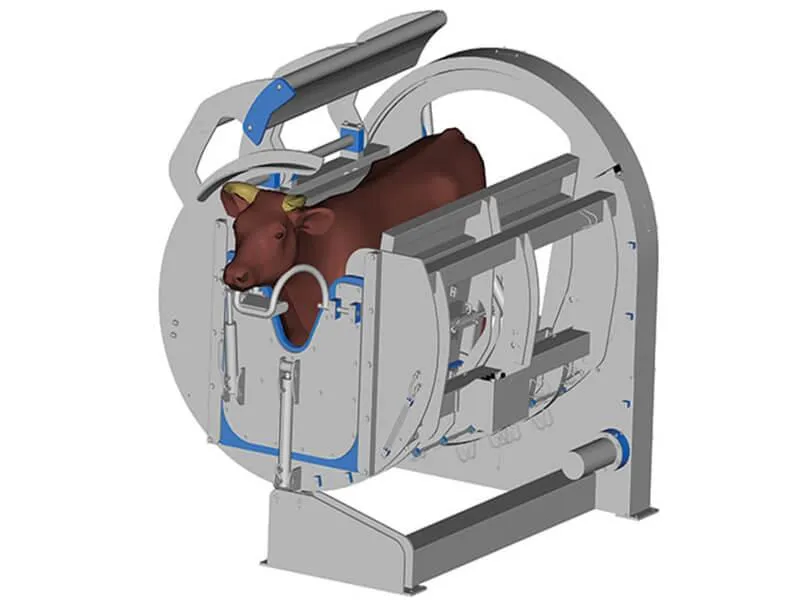Halal beef has been certified to have been processed in a prescribed manner in accordance with Muslim dietary laws
Halal Beef
The halal method doesn’t just have religious importance, even science states that halal food is beneficial for health. When both health and taste come in one single package then why to choose anything else? Islam is not just a religion it is a way of life with protocols, regulations, and manners governing every facet of life. Because food is an essential part of daily life, food laws carry a special significance. Muslims are expected to eat for survival, to maintain good health and not to live for eating. In Islam, eating is considered to be a matter of worship of God like prayer, fasting, alms-giving and other religious activities.
The Halal Process
To qualify as halal, animals must be well cared for and preferably without blemish (scars or injuries). The feeding of animal by-products is prohibited. Animals should have access to drinking water until slaughtered. Following are guidelines (zabihah) for halal slaughter.

Slaughter may be accomplished by any Muslim who has reached puberty.
The name of Allah must be pronounced before or as the animal is slaughtered.
The animal’s face should be pointed toward Makkah (Mecca).
The knife must be very sharp and the edge of the blade perfectly smooth (no nicks). The knife must not be sharpened in the presence of animals to be slaughtered (to avoid potentially undue stress).
Halal slaughter involves one pass of the blade across the throat of the animal, severing the carotid arteries, jugular vein and trachea. Research (Schultz, Hanover University, Germany) indicates this process involves very little pain. Animals lose consciousness very quickly, yet the heart helps rid the body of blood.
The animal must be allowed to bleed completely out. Blood is not halal.
